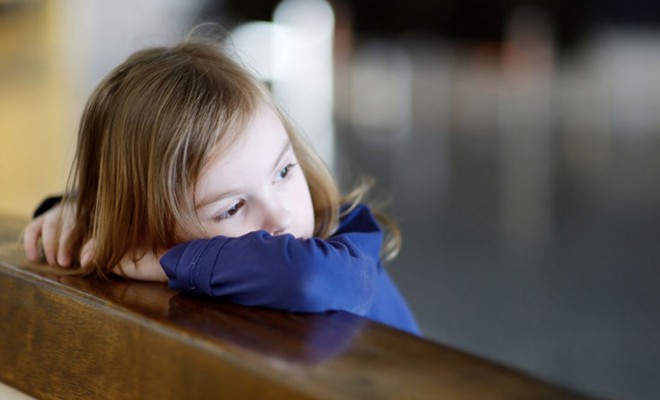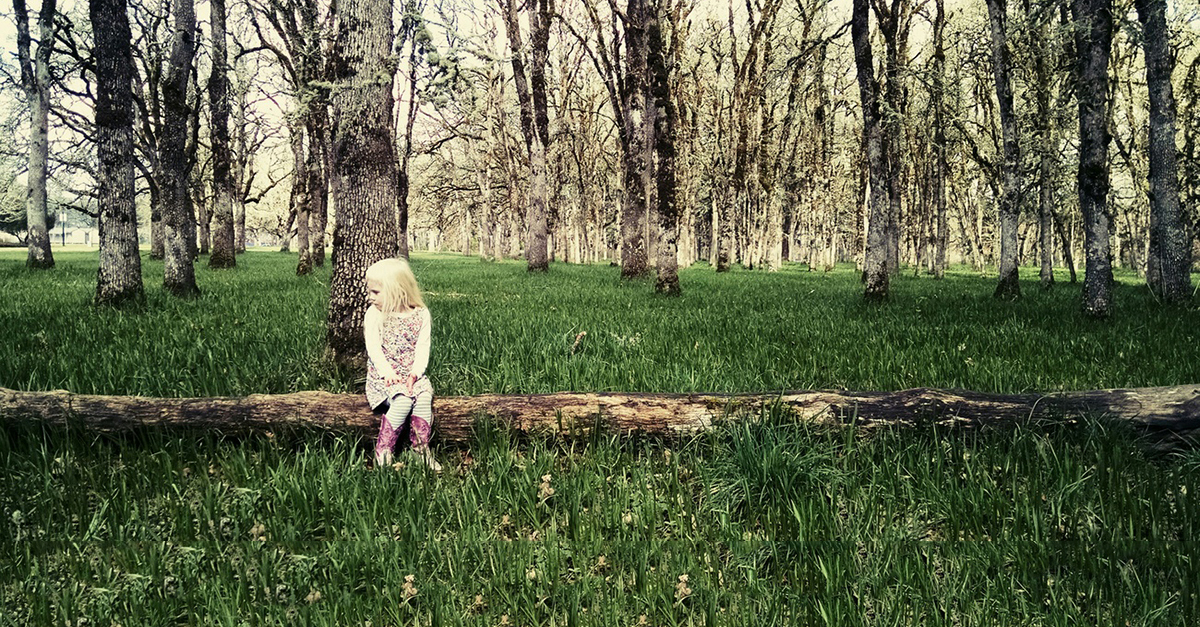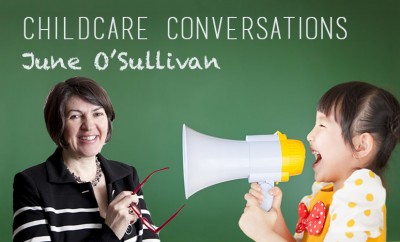
Childcare Environments
Helping Children to Cope with Stress and Change
We all want the children in our care to be happy at all times, but unfortunately, there will inevitably be occasions when children have to try and deal with difficult feelings, emotions and stress that are often caused by external events completely outside their control. Learning to handle difficult and stressful situations is an important life skill and one which many adults find challenging. As adults, we can help by understanding the type of event that is likely to make a child feel stressed, the signs to look out for and the best ways of helping the child to cope with the situation.
Types of stress
There are many types of changes that children may find stressful. There are obviously big changes, such as a house move, or a change of setting. The birth of a new sibling is another well-documented source of anxiety and one which early years professionals will be familiar and equipped to cope with. A family bereavement is also a source of stress. Even if the child is too young to understand the loss, he or she will be aware of the complex and sad emotions experienced by other members of the household and these could well have an impact. Separating parents can be another source of stress.
As well as these life-changing events, there are plenty of smaller changes that children may also find stressful. These might include something as small as a change in routine, or a different lunch than usual. These are changes that adults wouldn’t necessarily consider stressful but understanding that they might have an impact on a child’s stress levels can go a long way to anticipating and dealing with the subsequent behavioural changes.
Positive visualisation and breathing techniques can be easily incorporated into circle time or on an individual basis.
It is important to recognise the signs that a child may be feeling anxious and stressed. Children cope with stress in different ways, just as adults do. A sign that a child might be struggling to cope is a change in behaviour, for example, if a previously lively and happy child becomes withdrawn and quiet, or a normally well-behaved child starts attention-seeking behaviour. An increase in the number of tantrums, whinges, and generally clingy behaviour can all indicate that a child is struggling to manage their emotions. Stress can also manifest itself with physical changes so watch out for a child complaining of a tummy ache or headaches. Long-term stress can also have a negative impact on a child’s immune system making them more likely to catch more than their fair share of coughs and colds. Separation anxiety is a normal stage of development that most children usually grow out of the between the ages of two and three. However, the presence of a stressful event may lead to its recurrence.
EYFS Developmental Milestones – Download Free eBook
Spotting the signs that a child is stressed is obviously easier if you know the child well, and is vital to prevent the long-term impact that stress can have on a child’s well-being.
The importance of a good bedtime regime for a stressed child cannot be overestimated.
Adults can help children to cope with stress in a number of ways, such as by simply asking children how they feel, encouraging them to try and express their emotions. Simple pictures of faces expressing various emotions may help very young children. Acknowledge the validity of the child’s emotions and use positive language to reassure. For example, ‘Mummy will be back soon, we are going to have fun today’. Introduce simple stress management techniques into your group. Positive visualisation and breathing techniques can be easily incorporated into circle time or on an individual basis. Singing is also a great stress reliever, and singing fun songs with actions is a good way to unwind for adults and children alike.

Social Stories
Social Stories are simple stories aimed at helping children understand the world around them by explaining social interactions, concepts, and situations in an easy-to-understand format. Originally designed to help children with autism, Social Stories can be equally helpful at reassuring any anxious young child. A social story might be about the birth of a new sibling, potty training successfully, or about the effects of a change in routine. You can easily make your own social story to help an individual child to cope with whatever is making them stressed, or you could buy one. Visual timetables, with clear images of each planned activity and event of the day, can be pinned to the wall and are another way of reassuring an anxious child about the routine of the day.
Parents: The importance of a good bedtime regime for a stressed child cannot be overestimated. Think of it as a time to read relaxing stories to your child, a chance for you to reassure them about any worries that they have. A CD with soothing bedtime music is a great way to help create a calming night time atmosphere.
References







You must be logged in to post a comment Login